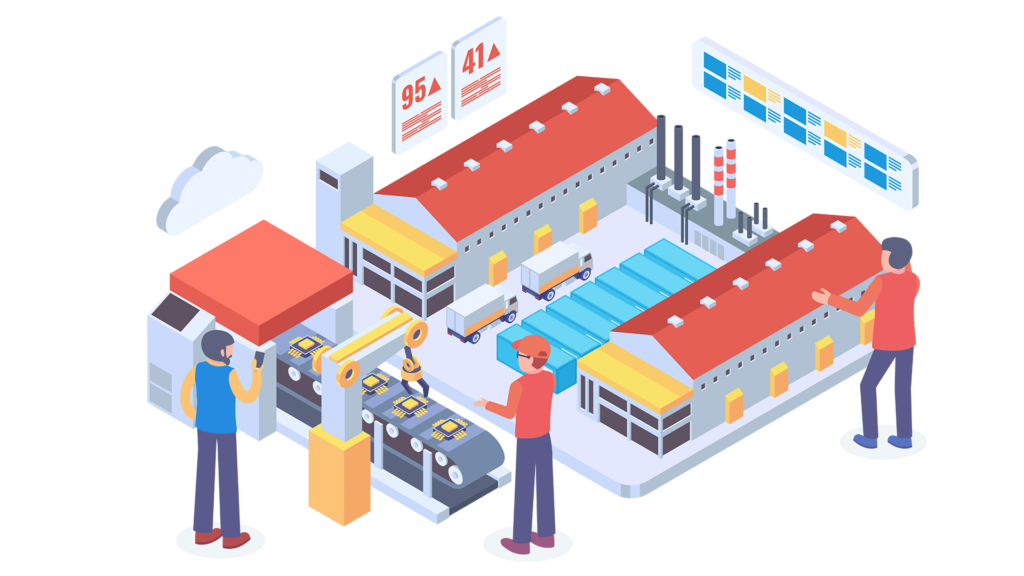Outsourcing to China is a good way to succeed in business. Now it is true that almost everything you might want to buy from China is cheaper in factories there. There are other things you might not think of, but you will understand as soon as I tell ya.
Yes, it is cheaper to outsource to China. In fact, outsourcing to China is a very good way for you to cut down on costs. You can save a lot of money by outsourcing some of your production work there instead of trying to do it yourself in the U.S. or Europe.

Section: Why outsourcing can save your company money?
Outsourcing is a great way to save money. The reason is that it allows you to concentrate on what you are best at and let someone else do the rest. In other words, outsourcing allows you to focus your resources on the areas where they will be most effective. If your company needs a product made. Then hiring an expert in that field will be much more efficient than trying to teach one of your employees how to make it yourself.
This is why companies like Apple can make beautiful, high-quality products without having to do much of the manufacturing themselves. They outsource almost all of their production work to other companies. Which allows them to focus on what they are best at—designing and marketing their products.
Section: You don’t have to find a factory.
You can find a factory through an agent, who will handle all of the communication and logistics for you. These agents work with many different factories, so they’ll be able to connect you with the right one for your project. If you don’t want to use an agent.Then you can visit Alibaba or another website that connects buyers and sellers directly.
This is how most of the factories in China operate. So you’ll find what you need. You can also look around your local area for companies that specialize in the type of product you want to make. For example, if you’re looking for a manufacturer that makes shoes. Then go to a shoe store and ask them who they use.

Section: It depends on how much you’re outsourcing and what you’re outsourcing.
If you’re outsourcing everything, then yes, it can be bad for your business. However, if you’re outsourcing only some of the work and keeping a lot of it in-house (such as designing new products). Then this might not be such a problem. In fact, this may actually help you focus on what you are best at. Let other companies handle the remaining tasks.
What you should do: It’s important to be aware of what you’re outsourcing and what impact it may have on your business. If you find that you need to outsource more work than is reasonable. Then this may be a sign that it’s time for you to hire new employees.
And if you’re outsourcing work to other companies.Then it is important to make sure that these companies are trustworthy.


Section: What are the hidden costs of outsourcing?
1. Time: The first thing to consider is how much time it takes to find and manage outsourcing companies. You need to research each company, ask for references and then make sure the work gets done on time. Some outsourcing companies charge a setup fee or require a minimum monthly payment.
2. Quality: You may be tempted to cut costs by outsourcing work that you don’t need done immediately. However, this can lead to lower-quality work that needs to be redone or reworked by your team.
3. Cost: The second thing to consider is the cost of outsourcing. If you’re just getting started, you may not have a lot of money to spend on outsourcing. This means that you should focus on finding companies that offer affordable rates and don’t require large minimum payments or setup fees.
4. Communication: The second thing to consider is how much time it takes to communicate with the company you’re outsourcing with. You will have to discuss what you want done, send them files and then check back in to make sure everything went as planned. If you have a lot of work that needs doing, this could take up much of your day.
5. Accountability: When you outsource work, you need to find a way to keep track of what’s being done and make sure it meets expectations. You may also have trouble managing the quality of outsourced work if there is a language barrier.
6. Training: If your company doesn’t have experience with outsourcing, then training employees on how to manage it can be difficult. Even if employees know how to manage outsourced work. They may not understand all of its nuances or be able to explain them clearly in an email or meeting.

Section: When is outsourcing a good idea?
1. When you need a high-quality product: If the work is extremely technical or requires specific skills that your company doesn’t have. Then outsourcing may be a good choice.
2. When you’re short on time: If there are too many projects at once and not enough employees to complete them all. Outsourcing some tasks can help make sure that deadlines get met without sacrificing quality.
3. When there’s limited availability of qualified employees in your area: If there aren’t enough people available in your local area who can do the work required. It might be better for everyone involved if someone else does it instead.
Section: What are some of the drawbacks of outsourcing?
There are a few potential downsides to outsourcing, including:
- 1. Loss of control over your project: When you outsource work, it’s important to set clear expectations about what will be done and how often updates will be provided. It can be difficult to keep track of all the different parts of a project when they’re being handled by many different people from different companies around the world.
- 2. It can be time-consuming: When you send something out to be done by a foreign company. It has to go through customs, which can take several days if not weeks. Then there’s the time difference between where you live and where your outsourced firm is located.
- 3. It can be difficult to keep track of what’s going on: When you outsource work to another country, it might be hard for you to keep track of everything that’s happening. If something goes wrong with the project. There may be no one on hand who understands English well enough to explain what happened and why.
Takeaway: Outsourcing the company’s production to China is a cost-effective way to develop business. But if you don’t know what to look for, outsourcing can become very complex.